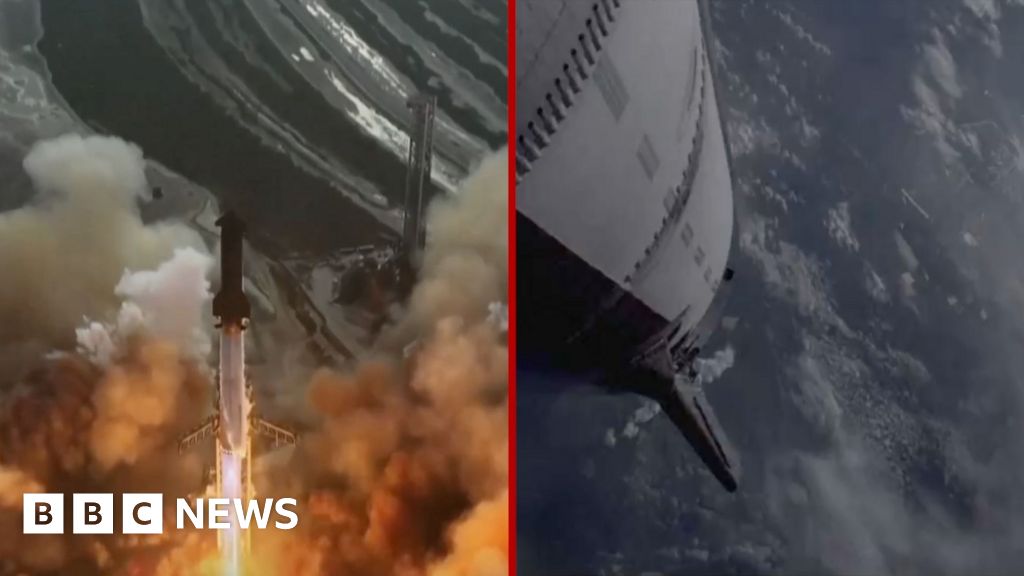In a move that has raised eyebrows, the Bolivian government has opted to reject Elon Musk's Starlink satellite internet service, even as internet connectivity poses a major challenge for the country. With a population of 12 million, Bolivia experiences some of the slowest internet speeds in South America, a situation that severely limits educational opportunities, job access, and timely assistance during natural disasters.
Starlink, a service designed to deliver high-speed internet to remote areas via satellite, has successfully provided connectivity to isolated Indigenous communities and rural regions throughout South America. However, the Bolivian government's refusal to issue an operating license to Starlink has left many puzzled and frustrated, particularly as thousands of Bolivians remain offline. The government's hesitation is attributed to fears of Starlink's potential market dominance and the need to protect local infrastructure.
Bolivia has opted to depend on its existing satellite system, which has been criticized for its shortcomings. Critics assert that the decision to turn down Starlink might hinder progress toward improving digital access and connectivity in a country where many struggle to obtain reliable internet service.

















